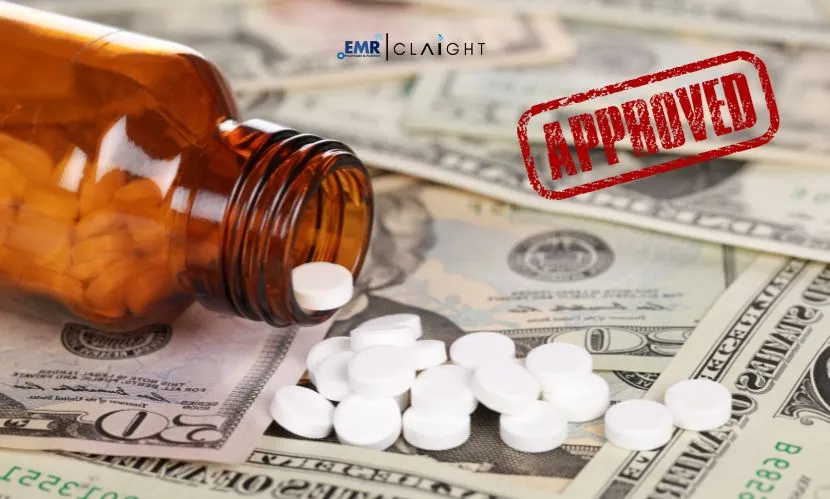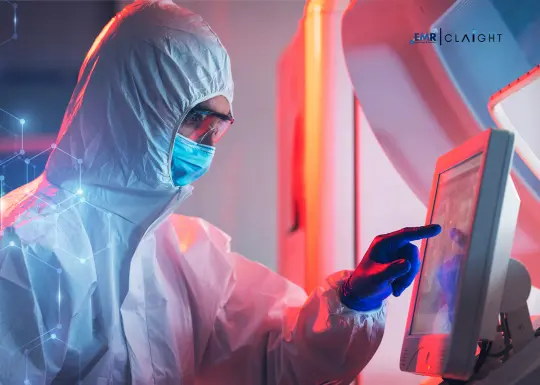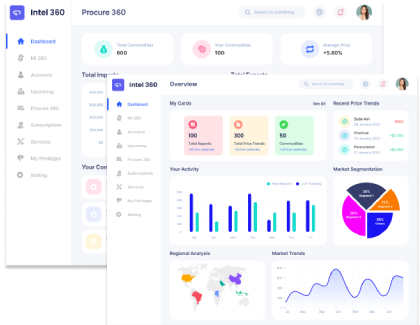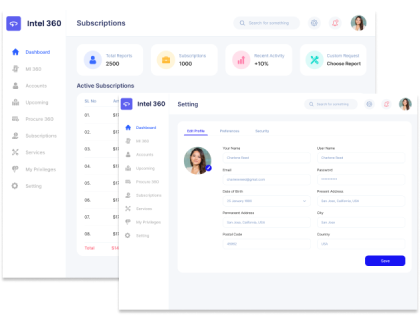On November 24th, 2023, the Union Health Ministry of India authorised the marketing of four rare disease drugs, allowing Indian pharmaceutical companies to sell medicines for Tyrosinemia Type 1, Gaucher’s Disease, Wilson’s Disease, and Dravet-Lennox Gastaut Syndrome. This new initiative has resulted in a drastic drop in the cost of drugs against their respective imported versions. The newly approved generic drugs are expected to hit the markets by 2024.Several companies have come forward to participate in this initiative by the Indian government including Biophore India, Laurus Labs, Azico Biophore, MSN Pharmaceuticals, Akums Drugs, and Pharmaceutical.
The medicines imported to India for the treatment of rare diseases include Eliglustat capsules used for the treatment of Gaucher’s disease, Trientine capsules for the treatment of Wilson’s disease, Nitisinone capsules for the treatment of Tyrosinemia Type 1, and Cannabidiol oral solution for the treatment of Dravet and Lennox-Gastaut Syndrome.
The prices for these medications have experienced a pivotal drop in the market. The Eliglustat capsules experienced a drastic drop from INR 1.8 crore- INR 3.6 crore a year to INR 3 lakh- INR 6 lakh. For Trientine capsules, prices were slashed from INR 2.2 crore to INR 2.2 lakh, while Nitisinone capsules which costed around INR 2.2 crore annually are now available at a price of INR 2.5 lakh . Additionally, Cannabidiol oral solution which is used for treating Dravet and Lennox-Gastaut Syndrome faced the maximum drop with imported medicine costing INR 7 lakh- INR 34 lakh per year to now costing only about INR 1 lakh- INR 5 lakh.
Health Minister Mansukh Mandaviya stated, “To bring in these drugs a special initiative was taken, and discussions were held with academia, pharma industries, organizations, the Drug Controller, and the Department of Pharmaceuticals. Thirteen rare diseases were prioritized. We particularly worked on sickle cell disease and on the hydroxyurea syrup used for its treatment for children under five who can’t be administered tablets.”
“This venture is purely a non-commercial venture guided only with the motive to serve those in acute need. For years, the Health Ministry through various schemes has been trying to financially help as many patients as possible but this is a more sustainable measure for not just patients in India but also worldwide,” he added.
Dr. V.K. Paul, NITI Aayog’s member with expertise on health issues added that the Ministry was also engaging with companies that are selling patented rare disease drugs. “We are actively looking at how best to work for patients who urgently need these medicines,” he explained.
Rare disease can be termed as a condition for which the prevalence rate is less than one case per 1000 population is considered a rare disease. However, the definition of a rare/orphan disease has been debated globally, with different nations having different comprehension of their own. For example, in the U.S., a disease is defined as rare, if it affects fewer than 200,000 people. In Korea, the threshold is 50,000, whereas in Australia it is 2,000.
According to Rare Diseases International, more than 300 million people live with a rare disease, affecting 3.5% - 5.9% global population. It was also discovered that 72% of all rare diseases are genetic and 70% of them develop in childhood.
In India, due to the unavailability of specific epidemiological data, there is still no national definition of a rare disease. However, based on their treatability, treatment availability, and status, three groups of rare diseases have been identified by the National Policy for Rare Diseases. The Central Drugs Standard Control Organization (CDSCO) considers any drug for a condition affecting fewer than 500,000 Indians as an orphan drug for the purposes of regulatory review.
To cover the wide disparity of people living in rural as well as urban areas of the country, the government is working towards offering the easy availability of the medicines to those in need. There have been multiple initiatives by the government of India that are in action in order to manage rare disease diagnosis, prevention, and treatment in the nation. For example, under an initiative, the Ministry of Health and Family Welfare in India designated 8 to 10 Centers of Excellence (CoE) to manage the diagnosis, prevention, and treatment of rare diseases. The CoEs have been billed funding of up to INR 50 million ($612,000) to set up the required equipment, exempting from basic customs duty for medicines being used for the treatment of rare diseases. An additional INR 5 million (about US$61,200) has also been allocated by the Indian government as a one-time grant per patient for treatment.
The substantial price drop of these drugs in India is poised to impact the global pharmaceutical market as well. Along with the dynamic shifts in the supply chain, it's likely that other countries may take cues from this development. We can anticipate a domino effect, with other nations considering the implementation of new policies and regulations aimed at regulating drug prices within their respective regions.




















Share